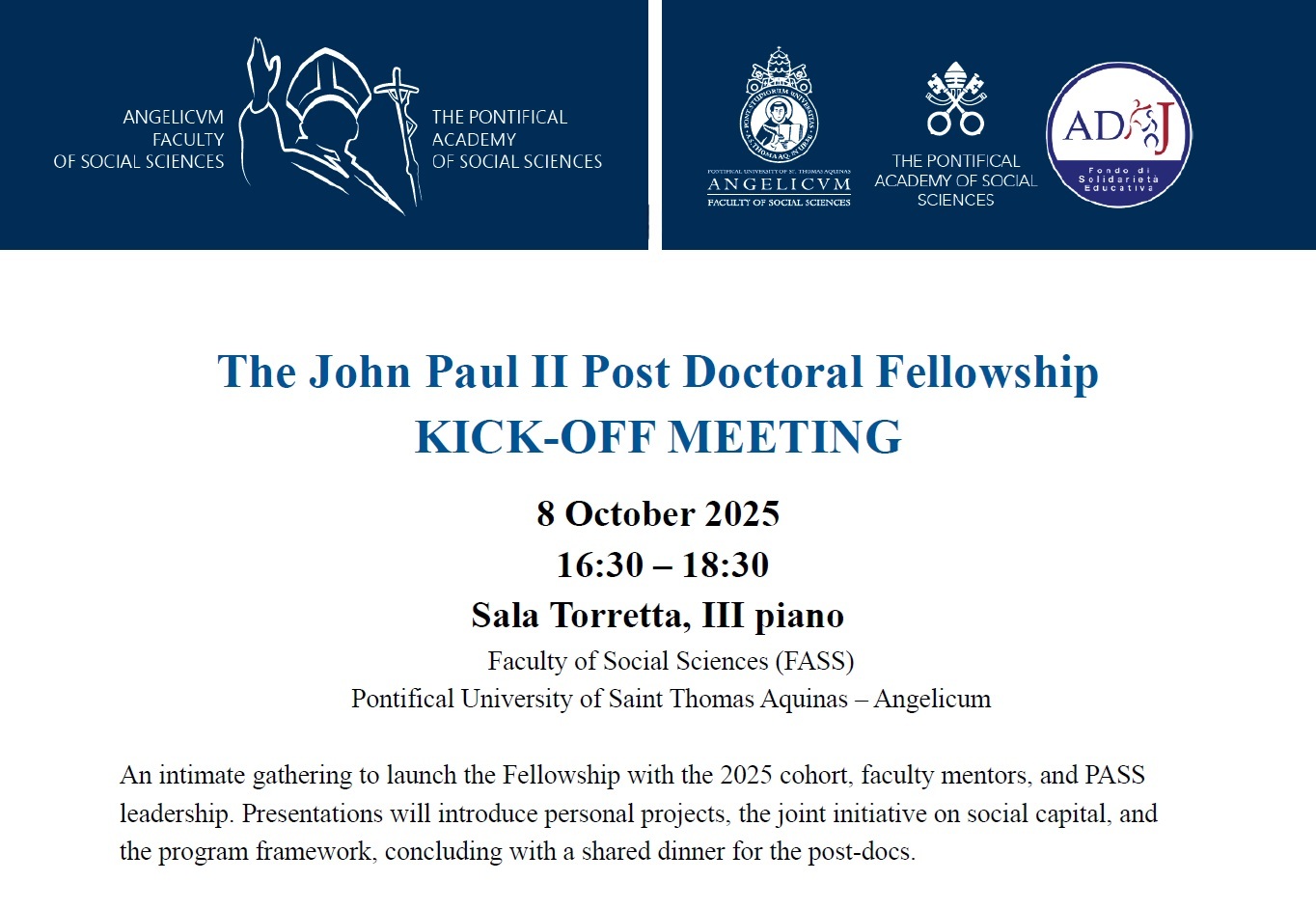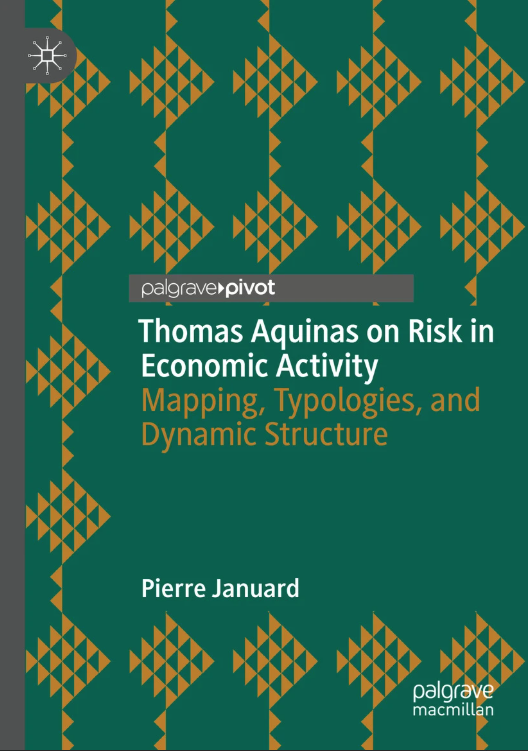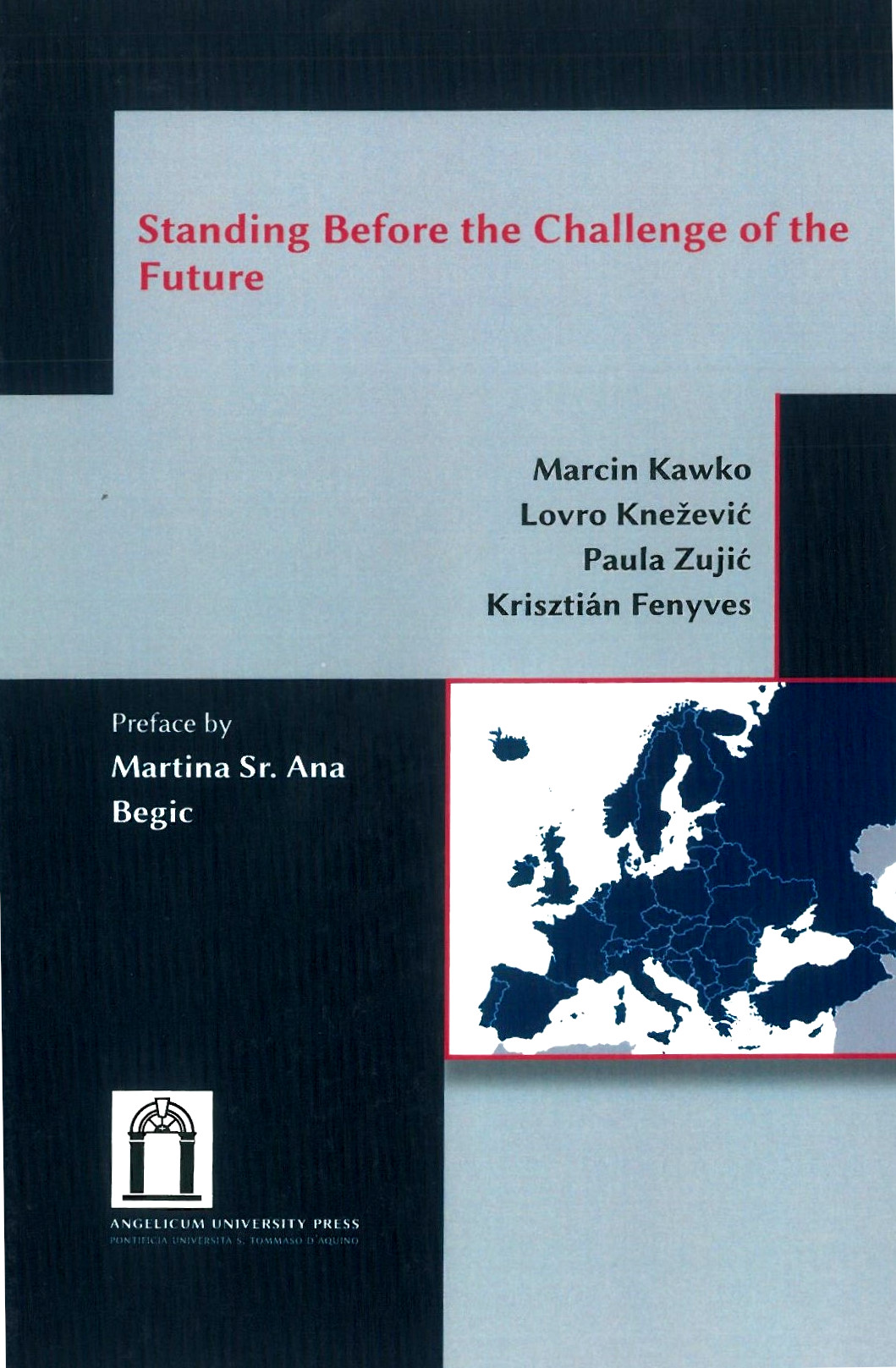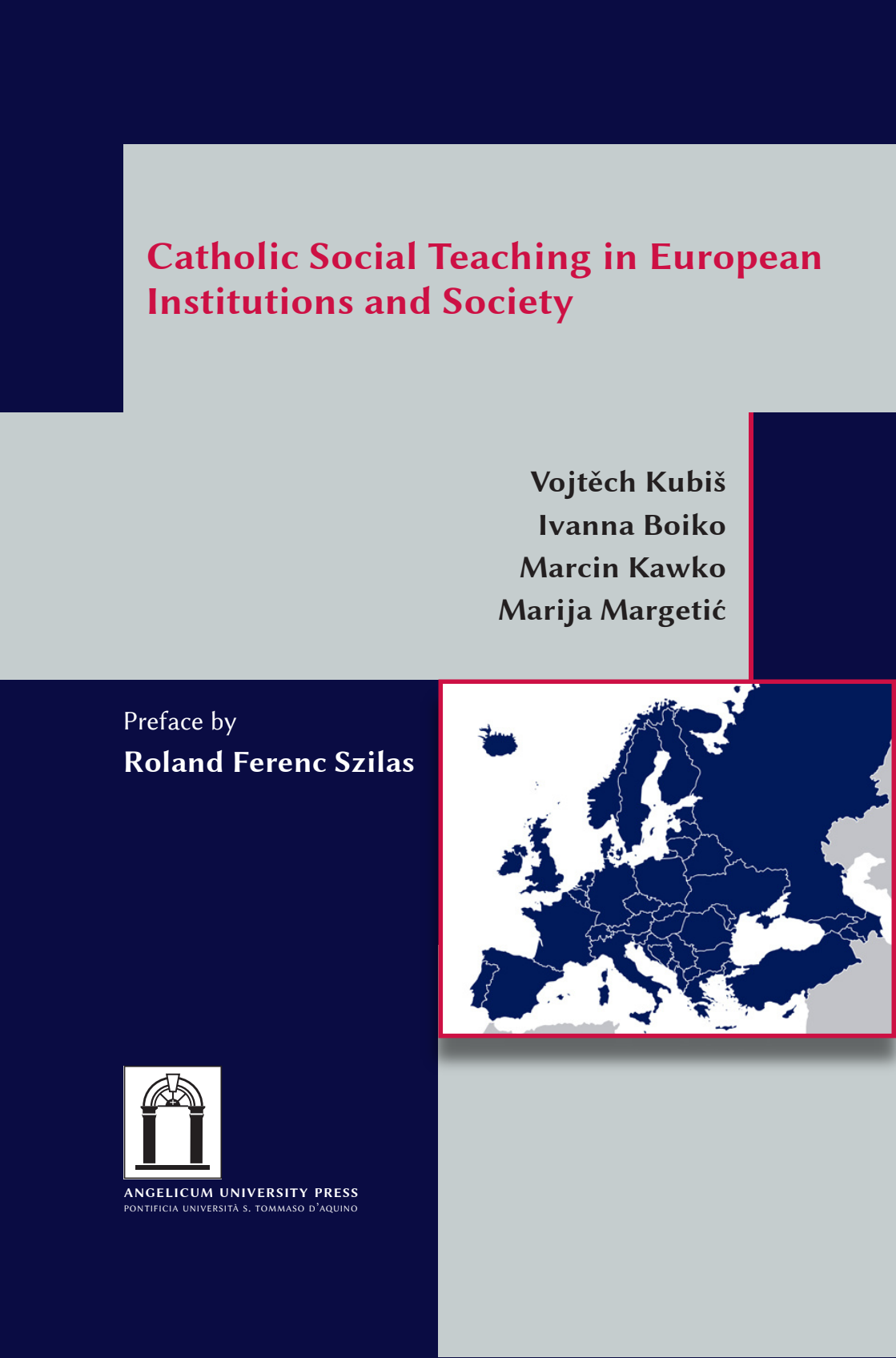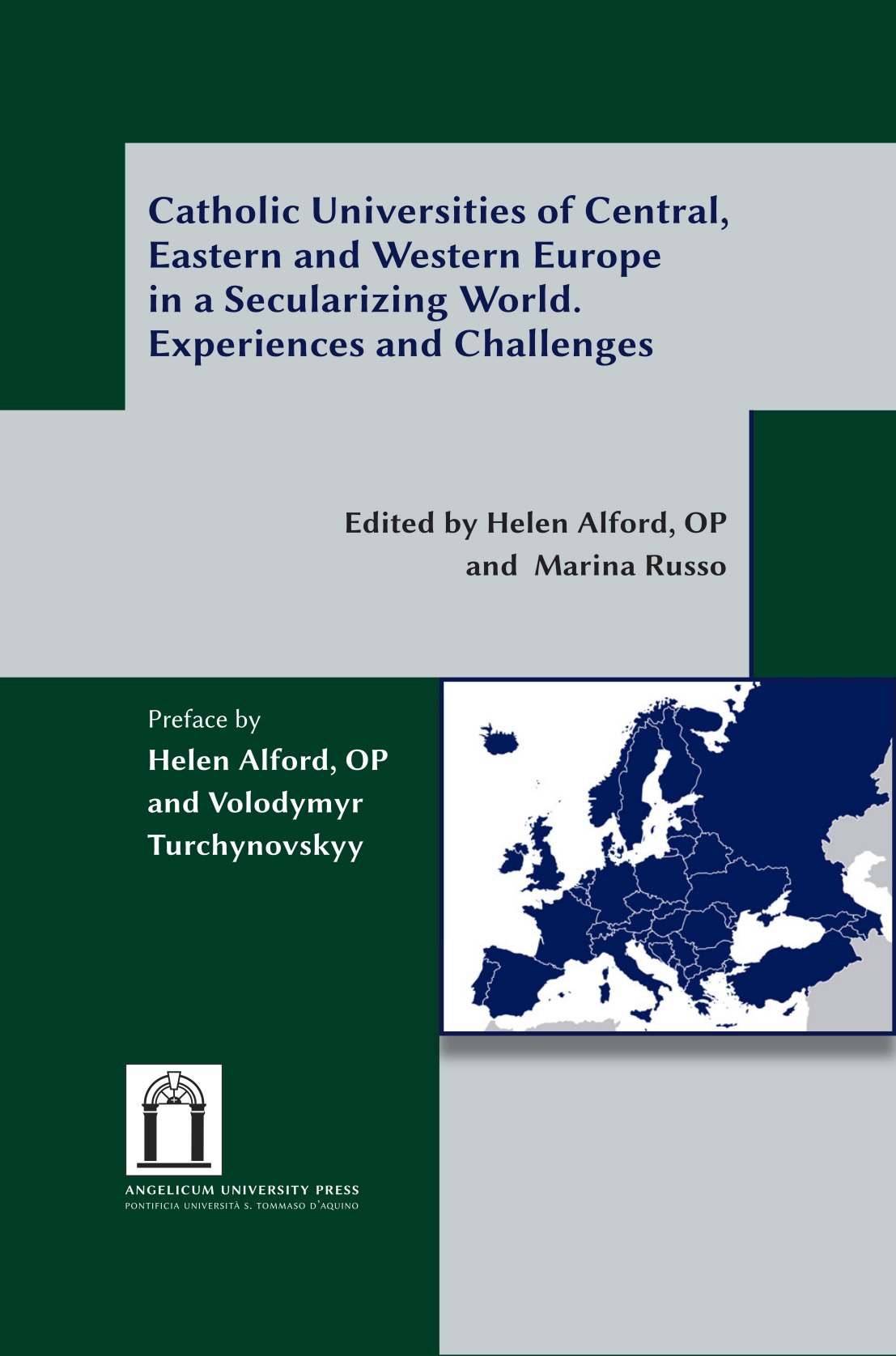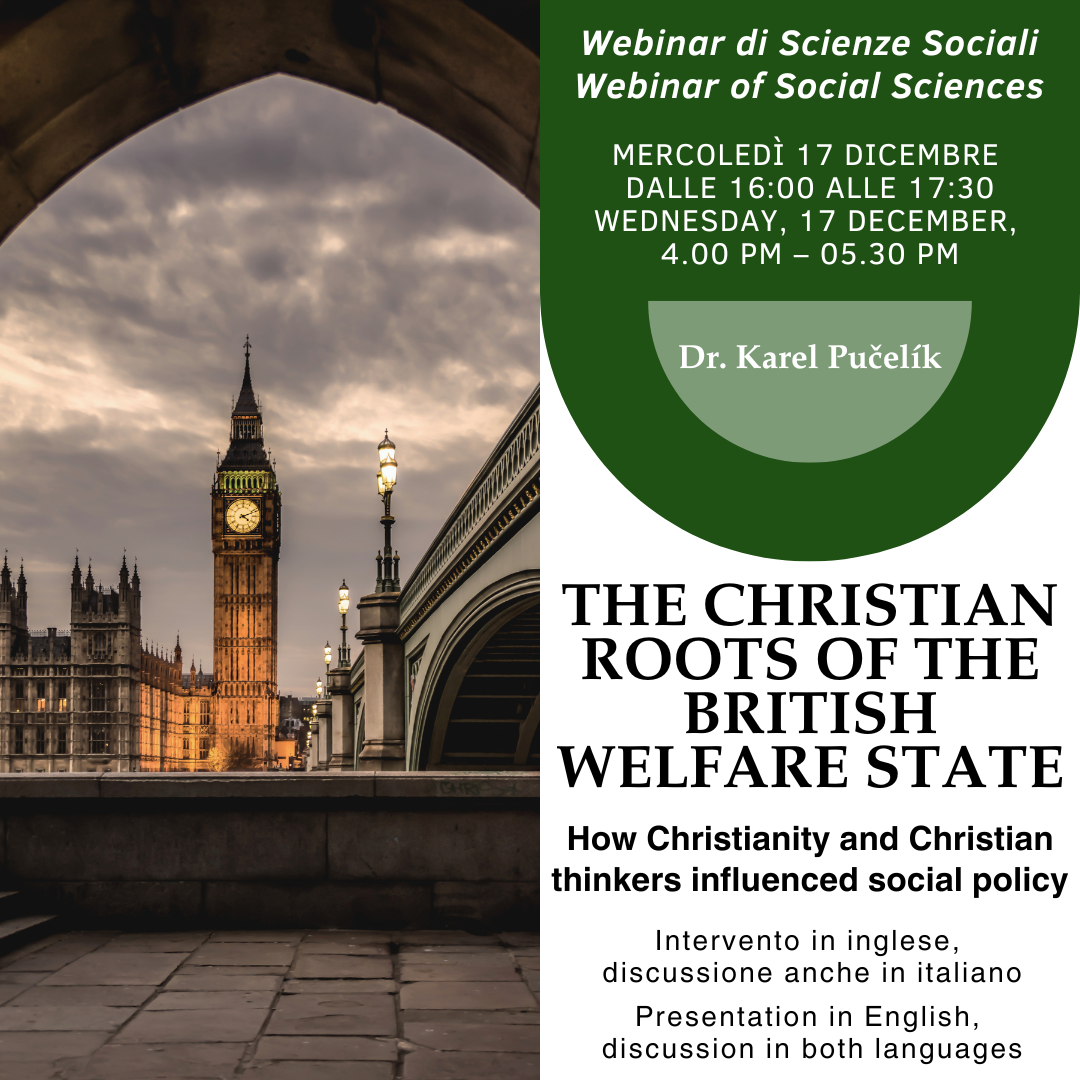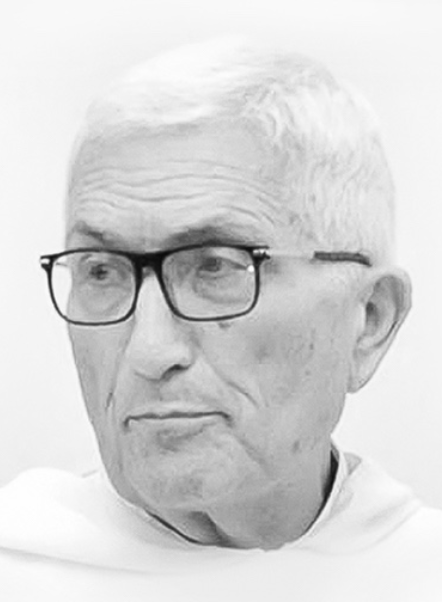We live in times when religious tensions leading to violence are very much a recurrent news item. The Middle East is especially prone to this tragic situation, which is not rendered any easier by the fact that Islam is being increasingly portrayed as an ideology. Actually, societies worldwide are being faced with Islamic movements that seek to present religious belief and conduct as homogeneous, thereby doing away with inculturation and seeking instead to present a standard mode of belief and conduct. These attitudes are leading to increased sectarian violence which, by means of social media, is being rapidly transformed from a local to a global issue.
The Middle East is especially prone to this tragic situation, which is not rendered any easier by the fact that Islam is being increasingly portrayed as an ideology. Actually, societies worldwide are being faced with Islamic movements that seek to present religious belief and conduct as homogeneous, thereby doing away with inculturation and seeking instead to present a standard mode of belief and conduct. These attitudes are leading to increased sectarian violence which, by means of social media, is being rapidly transformed from a local to a global issue.
In the light of the rapidly evolving events that have become known as the ‘Arab Spring’, one would have hoped that freedom from oppressive and corrupt regimes won at such a high cost in terms of human lives would also have brought about the full exercise of basic human rights. There are two specific rights in the 1948 United Nations Universal Declaration of Human Rights that have never been implemented in any country in the Arab world (nor in the Muslim world at large) irrespective of the natures of governments or when they have been in power. I am referring to Article 16 and Article 18 of the U.N. Declaration, the first referring to the right to marry and to found a family, and the second referring to freedom of thought, conscience and religion (the latter being different from freedom of worship).
Taking into consideration all of the above, it would be helpful to examine what the Qurʾân teaches about how Muslims regard themselves as a community apart and what their conduct with non-Muslims should be. Among the latter who are accorded special attention are the communities who profess monotheism and who are repeatedly referred to as ‘the People of the Scripture’ (Ahl al-Kitāb), 1 namely the Jews (who received the Tawrah [Torah]), the Christians (who received the Inğīl [Gospel]) and those whom the Qurʾân refers to as the Sabeans. 2
Islamic self-awareness
According to the Qurʾân, Man is the vicegerent of God. 3 He must faithfully observe all the prescriptions of the divine word in order to be assured of prosperity and harmony both in this world and in the next.
The profession of faith in the uniqueness of God and the affirmation of Muḥammad as his servant and messenger (šahāda), the greatest of all prophets and the seal of previous divine communications (Jewish and Christian), guarantee the Muslim’s status both in this world and in the afterlife.
The Qurʾân traces Islam’s roots to the primordial pact (mītāq) which took place at the dawn of time, at the moment of creation, and through which God established humanity in a right relationship with other creatures and with God. 4 This pact was periodically broken by humanity and re-established by God who sent down to the prophets/messengers, from Abraham to Moses – from Jesus to Muḥammad, his call to return to him and the book of his word.
Islam’s relation with other religious communities, and especially with the ‘People of the Scripture’, has to be considered together with its self-awareness. One detects a sharp demarcation and a profound affirmation of its uniqueness. Islam’s position as distinct from other communities is brought to the fore by the Qurʾân as a result of a sustained polemic with the Jews and the Christians in the form of statement (Jews and Christians) and counter-statement (Muslims) as to whose religion offers true guidance: Say: ‘To God belongs the East and the West. He guides whomsoever he wills onto a straight path.’ Thus, we have appointed you a median nation. To be witnesses for mankind. And the Prophet to be a witness for you. (Q. 2:143) 5
This concept of the Muslim community as a “median nation” (ummatan wasaṭan) is not alien to either the Jewish or to the Christian tradition. Both are portrayed in the Bible as the privileged recipients of Divine love and mercy because of their unique election as a people belonging solely to God. 6 This concept is taken up by the Qurʾân in order to uphold the excellence of the Muslim community above all others. It was later to be espoused by Muslim chroniclers and geographers who applied Ptolemy’s division of the world into seven climes in order to reinforce Muslim confidence in the centrality of their place on God’s earth. 7
The Muslim community and the ‘Other’
Muslims believe that they are the holders of the truth and that their infallible community commands the good and forbids evil. Each act, even the most insignificant, in the life of the Muslim brings to life that awareness of being a living cell within this best of communities: You are the best community ever brought forth among mankind, commanding virtue and forbidding vice, and believing in God. (Q. 3:110) 8
The Qurʾân is well aware of religious diversity in the midst of humanity and it treats this issue on various levels. This diversity is indeed continually deplored as being a source of constant discord. The primordial unity of mankind is portrayed in the Qurʾân by way of a pact (mītāq) sealed between God and the entire human race: Remember when your Lord took away from Adam’s children the seeds from their loins, and made them witness upon themselves: ‘Am I not your Lord?’ They answered: ‘Yes, we witness’ – lest you should claim on the day of resurrection: ‘We were unaware of this.’ Or else you might claim: ‘But our ancestors too were once guilty of polytheism, and we were merely their later seed. Will you therefore destroy us because of the works of falsifiers?’ Thus do We clarify Our revelations; perhaps they will turn back. (Q. 7:172-174)
At the heart of the event depicted in this text lies the assertion that only God is the Lord, the Master of all humanity. Such a statement includes his being recognized as creator, as the only one who has the right to be worshipped, as the one who provides all things. The text therefore concludes that on the Day of Reckoning nobody will be excused for failing to give recognition to this truth while living on this earth. The stipulation of the pact is clear and straightforward. It also implies that whosoever fails to abide by it is fully responsible for his/her actions. 9
The initial pact also carries a warning of the dire consequences that would follow upon those who fail to give God due recognition of his oneness by proclaiming the Muslim creed. There is nothing in this act of faith that could provoke a refusal; such a response would be totally unwarranted. This is confirmed by the common agreement among commentators regarding Q. 3:105-106: “Do not be like those who scattered and fell into dissension after manifest signs have come to them. These shall meet with terrible torment, upon a Day when some faces will have turned white, and some faces black. As for those whose faces have turned black, to them will be said: Have you indeed blasphemed after belief? Then taste the torment of what you have blasphemed.” The question posed in the latter part of the text refers to disbelief after having committed oneself to abide by the primordial pact. This same pact, however, is ironically fractured as a consequence of the advent of the messages sent by God through the prophets to the People of the Scripture: Mankind was one community. Then God sent forth prophets as heralds of glad tidings and as warners, and sent down with them the Book with the Truth in order to judge among mankind matters in which they disputed. But there disputed concerning it only those to whom the Book was revealed and after clear signs were sent to them. They did so out of covetousness. Then God guided the believers to the truth regarding which they differed by His leave. God guides whomsoever he wills to a path that is straight. (Q. 2:213)
The prophets, “as heralds of glad tidings and as warners”, necessarily communicate divine truth. At the same time this very same truth has become the focus of discord. Both the divine communication and the ensuing discord appear to be somehow rooted in the divine mystery. 10 The Qurʾân envisages the entire human race as being ideally one religious community, diversity being an unfortunate state of fact; and yet, at the same time, it is set within the framework of the unfathomable will of God: Had your Lord willed, He would have created mankind a single nation. But they continue to differ, save for those to whom God has shown mercy. (Q. 11:118)
Mankind was but a single nation but then it fell into discord. Were it not that a prior decree had come from your Lord, a judgement would have been pronounced regarding that over which they dispute. (Q. 10:19)
However, in spite of the fact that the Qurʾân, together with the Prophet’s preaching, exhorts Christians, Jews and Sabeans to embrace Islam, the Qurʾân itself also appears to set out the conditions for divine reward in the afterlife to belief in the one God and the fulfillment of righteous deeds: As for the believers, for the Jews, the Christians and the Sabeans who believe in God and the Last Day, and who do righteous deeds – these have their wage with their Lord. No fear shall fall upon them, nor shall they grieve. (Q. 2:62)
This approach is reiterated in the text below which dates from the final period of Muḥammad’s leadership of the Muslim community, known as the Madīnan period (622-632). It was a period in which the community became ever more aware of its own identity and sought increasingly to distinguish itself from the other two monotheistic communities, namely the Jews and the Christians. It was also a period of heightened tensions among them.
Neither the Jewish nor the Christian communities of Arabia were prepared to give recognition to Muḥammad as prophet for reasons that were obvious to both. The Jews believe that God’s revelation came to an end with the death of the last prophet to be recognized as such, namely Malachi. It is known that by the third century A.D. the rabbinic scholars had arrived at a concurred decision as to which books were to be considered as divinely inspired and which were to be set aside. At that point in history the authority of the rabbinic scholars was considered as binding upon all Jewish communities both in Palestine and in the diaspora. From that moment they could not accept the claims to prophecy of any other person. 11
The Christians applied the same line of reasoning. In the Christian tradition divine revelation ended with the death of the last Apostle. Moreover, it had already been stated earlier that Christians believe in Jesus Christ as the Word of God incarnate and thus the final, perfect, and definitive revelation of God to humanity. 12 In addition the Qurʾân includes a denial of the two fundamental doctrines of the Christian faith dating to the first centuries of Christianity, namely the Trinity 13 and the Incarnation. 14 Consequently, if a Christian were to acknowledge the Qurʾân as divinely revealed and Muḥammad as a prophet in continuation with the biblical tradition, this would lead to the dismantling of the very foundation upon which the Christian faith stands.
It must also be stated that relations between Jews and Christians in Arabia (as elsewhere beginning with Late Antiquity through Mediaeval times) were hardly cordial. Frequent polemical disputes arose between them as to the uniqueness of their calling and the truthfulness of each other’s doctrines.
It is in this context that the Qurʾân, while constantly reiterating that Islam is “the primordial nature that God implanted in mankind” (Q. 30:30), and that its communication to Muḥammad as Scripture is the criterion (al-Furqān) according to which former scriptures as they stand are deemed authentic or otherwise, makes the following statement whose meaning and consequences for interreligious dialogue today cannot be underestimated: To you we have revealed the Book with the Truth, confirming previous Scripture and witnessing to their veracity. So judge between them as God revealed and do not follow their whims, to turn you away from the truth revealed to you.
For every community We decreed a law and a way of life. Had God willed, He would have made you a single community – but in order to test you in what He revealed to you. So vie with one another in virtue. To God is your homecoming, all of you, and He will then acquaint you with that over which you differed.(Q. 5:48)
In his analysis of Q. 5:48 Michel Cuypers divides the first part of this passage into three segments matching three time scales:
The past (what God has done and wanted); The present (the tests for multiple communities and the consequent effort to “vie with one another in virtue”); The future (the return of God and his judgement). 15
It begins by mentioning the sending down (tanzīl) of the Qurʾân, which conforms to the earlier Scriptures, the Tawrah to the Jews and the Inğīl to the Christians.
The second part then exhorts Muḥammad to judge according to the Qurʾân, not according to “their whims”. 16 The recipients of the Prophet’s judgement are the Jews and the Christians. The mediaeval Muslim exegete al-Qurṭubī 17 states that it was not permissible for Muḥammad to judge between those who do not belong to the so-called “Protected Communities” (Ahl al-Dimma), 18 that is to say, those who are neither Jews nor Christians. The reason is presumably that he, as recipient of a Scripture (the Qurʾân) could only judge between those communities who likewise possessed preceding divine communications. As for the injunction, “do not follow their whims”, it is a warning to Muḥammad not to abandon the wisdom that God has made clear in the Qurʾân concerning the clarification of truth and the clarification of principles. 19
The Prophet is thus placed on an equal footing with “Jesus son of Mary” who foretold the coming of Muḥammad (Q. 6:61) and to whom the Gospel, which confirmed “what was in his hands of the Torah” (Q. 5:47) was given, and as well as with Moses (Q. 5:41).
Just as in Exodus, Numbers, Leviticus God speaks to Moses so also in the Qurʾân he is portrayed as speaking to Muḥammad. The Prophet is depicted as the new Moses enjoined to restore the Law which God had given to the Biblical lawgiver. As with Moses, he is established as the supreme judge of the community. This role had never been given to any other biblical character, apart from Moses. 20
The above-quoted text goes further, however, in portraying the difference between Moses and Muḥammad as that the former judges only his own people, whereas Muḥammad’s appointment extends his judicial powers to include Jews and Christians, who live side by side with the Muslim community which he leads. This reinforces the Qurʾânic apparent statement that, whereas the former prophets were sent to their own people, Muḥammad was entrusted with a universal mission: Say: ‘O mankind, I am the Messenger of God to you all – He to whom belongs the sovereignty over the heavens and the earth. (Q. 7:158)
We sent you not but to all mankind – a herald of glad tidings and a warner. But most of mankind has no understanding. (Q. 34:28)
Concerning the third part, according to Qurṭubī the phrase “Had God willed, He would have made you a single community” means, “He (i.e., God) would have made your (i.e., of Muslims, Christians and Jews) law (šarīʿatakum) one and you would have been in the right. But it is clear that He wanted to differentiate the faith of a people and the unbelief of another... He willed your laws to be different in order to put you to the test.” 21 As for the exhortation, “so vie with one another in virtue,” Qurṭubī interprets it as meaning “vie one another in pious deeds (ṭāʿāt)”. 22
As Cuypers rightly states, one detects a sudden leap from legal questions about judging Jews and Christians to a universal theological principle aimed at shedding light on the problem under discussion. 23 It sheds theological and eschatological light on religious pluralism. At this point Cuypers affirms that the Qurʾân is here arguing that this multi-religious situation “has its origin in the unfathomable divine will and its meaning will only be revealed to us after our return to God. In the meantime, in the here-and-now, it is to be lived as a test from God; the only possible response is to emulate one another for the good”. 24
It is truly remarkable that such a historical-theological principle with universal application lies at the centre of this passage. Although its aim is that of instructing the Prophet in the context of particular circumstances in which he found himself at the time of founding the Muslim community, one cannot underestimate the contemporary importance of this verse.
Conclusion
Q. 5:48 presents Muslims as well as those religious communities acknowledged by the Qurʾân with a challenge, but also with a momentous opportunity, not in stubborn entrenchment and isolation within one’s own sectarian loyalties, but in encountering and understanding the ‘other’ and pointing toward a meaning, purpose and direction that lie beyond the present horizons. This cannot take place without the implementation of the above-mentioned articles from the UN Declaration of Human Rights (Art. 16 and 18), together with Article 19 which refers to freedom of expression. In allowing these basic human rights Muslim communities would be abiding by the text which is the main topic of this paper: “To God is your homecoming, all of you, and He will then acquaint you with that over which you differed”.
The Arab world has for centuries been a religiously pluralistic one. A pluralistic society requires communities wherein the individual feels that his/her values are being safeguarded and handed down to the next generation, together with an overarching sense of national community, where different groups take an active part in their quest for the common good. Only in this manner can a society truly become a community of communities.
Finally, although the situation in the Arab world remains volatile and fluid, it can be transformed into a golden occasion to take up the challenge of exploring what it means to be a citizen and a person of faith. It still remains to be seen whether religious diversity and shared citizenship are allowed to proceed hand in hand.
it can be transformed into a golden occasion to take up the challenge of exploring what it means to be a citizen and a person of faith. It still remains to be seen whether religious diversity and shared citizenship are allowed to proceed hand in hand.
NOTE:
1 Muslims believe that there exists only one scripture, which is eternal and is referred to as Umm al-Kitāb. This term literally means Mother of the Book, in the sense of archetype, source or essence. It is the original version of all scriptures and divine decrees (Q. 13:39). It is considered as truly the Word of God “written on a Preserved Tablet” (al-lawḥ al-maḥfūẓ) and kept with him. This eternal scripture was handed down throughout the centuries to various prophets. It was handed down to Moses in the form of the Torah (al-Tawrah); it was later handed down to David in the form of the Psalms (al-Zabūr); it was handed down to Jesus in the form of the Gospel (al-Inğīl). Finally, it was handed down to Muḥammad in the form of the Qurʾân “in clear Arabic” (bi lisān ʿarabiyy mubīn [Q. 16:103]).
2 This term is a probable reference to the Mandeans, a religious community that traces its origins to the Ancient Near-Eastern traditions, especially to Zoroastrianism.
3 See Q. 2:30.
4 See Q. 7:172.
5 All texts from the Qurʾân are taken from The Qur’an, A New Translation by Tarif Khalidi, Viking, New York 2008.
6 On the threshold of the Promised Land the Hebrews are instructed to keep the commandments and precepts handed down to them by God. It is on account of their observance of, and therefore of their fidelity to the divine will, that they will be acknowledged as a holy people. This attitude will be its distinguishing trait in comparison with the nations in whose midst it would be settling:
Now therefore, if you will obey my voice and keep my covenant, you shall be my own possession among all peoples; for all the earth is mine, and you shall be to me a kingdom of priests and a holy nation.
(Ex. 19:5-6a)
The basic idea here is that Israel is God's viceroy on earth charged with making the whole world holy.
As for the Christian community, its faith in Christ as its foundation is its distinguishing trait as well as the only path to salvation:
You are a chosen race, a royal priesthood, a holy nation, God’s own people, that you may declare the wonderful deeds of him who called you out of darkness into his marvelous light. Once you were no people but now you are God’s people; once you had not received mercy but now you have received mercy.
(1 Pt. 2:9-10)
7 See art. Tarif Khalidi, “Islamic Views of the West in the Middle Ages”, in Studies in Interreligious Dialogue, vol. 5 (1995), n. 1, p. 32.
8 One can detect a similar idea is in logion 107 of the Gospel of Thomas: “Jesus said: The kingdom is like a shepherd who had a hundred sheep. One of them went astray, it was the largest. He left the ninety-nine and sought for the one until he found it. After he had exerted himself, he said to the sheep, I love you more than the ninety-nine.”
9 See Jacques Jomier, Dieu et l’homme dans le Coran, Les Éditions du Cerf, Paris 1996, p. 33ff.
10 See the argument posited by Fazlur Rahman, Major Themes of the Qur’an, The University of Chicago Press, Chicago & London 2009, pp. 164-167.
11 The Book of Malachi is placed at the end of the series of the books of the Prophets in the Jewish Tanakh (The Hebrew Bible). As for the closing of the Jewish Canon suffice it to state that, although in the first century AD there was acceptance of 22 or 24 books as sacred, there is no rigidly fixed exclusive Hebrew canon until the end of the second century. See Raymond E. Brown, S.S., Raymond F. Collins, art. “Canonicity”, in Brown, Fitzmyer, Murphy, The New Jerome Biblical Commentary, Geoffrey Chapman, London 1900, p. 1040 col. 2.
12 On this point the letter to the Hebrews is clear and unequivocal:
In many and various ways God spoke of old to our fathers by the prophets: but in these last days he has spoken to us by a Son, whom he appointed the heir of all things, through whom also he created the world. He reflects the glory of God and bears the very stamp of his nature, upholding the universe by his word of power.
(Hb. 1:1-3)
All Biblical citations are taken from The Holy Bible: Revised Standard Version (Catholic Edition), Oxford University Press, Oxford 2004.
13 See Q. 5:73.
14 See Q. 19:35-37.
15 Michel Cuypers, The Banquet: A Reading of the Fifth Sura of the Qur’an, (Preface by Muhammad Ali Amir-Moezzi, trans. by Patricia Kelly), Convivium Press, Florida 2009, p. 243.
16 Id., op. cit., p. 243.
17 Abū ʿAbd Allah Muḥammad b. Aḥmad b. Abū Bakr Farḥ al-Ansārī al-Hazraği al-Andalūsī al-Qurṭubī was a renowned mediaeval exegete and jurisconsult. He was born in Cordoba around the year 1214. After the capture of his hometown by Fernando I of Castile he left for Alexandria and finally settled in Cairo where he spent the remainder of his life. He was renowned for his modesty and profound piety, both of which are reflected in his multi-volume commentary on the Qurʾân entitled Al-Ğāmiʿ li Aḥkām al-Qurʾân al-Karīm. He is known to have died in 1273.
18 The term Ahl al-Dimma refers to the social status within the domain of Islam (Dār al-Islām) of those communities who received a scripture, especially Jews and Christians. Non-Muslims with the exception of polytheists, who are brought by conquest under the rule of Islam are tolerated and protected provided that they are followers of one of the religions permitted by the Qurʾân (i.e., Judaism and Christianity). They must pay a special poll tax, known as ğizya, and are bound not to make any attempt at converting Muslims to their religions. Classical Islamic jurisprudence refers to them as Ahl al-Dimma, the protected communities.
19 Al- Qurṭubī, Al-Ğāmiʿ li Aḥkām al-Qurʾân al-Karīm, vols. V-VI. Dar al-Kitāb al-ʿArabī, Beirut (s.d.) p.210-211.
20 The Book of Exodus recounts that “Moses sat to judge the people, and the people stood about Moses from morning till evening” (Ex. 18:13). He finally followed his father-in-law’s advice and, in order to lighten this exhausting burden, appointed judges to decide “any small matter”, whereas “hard cases” were brought to Moses (Ex. 18:26). See Cuypers, op. cit., p. 255.
21 Qurṭubī, op. cit., p. 211.
22 Ibid.
23 Id., op. cit., pp. 244-245.
24 Id., op. cit., p. 246.
 IT
IT  EN
EN 
